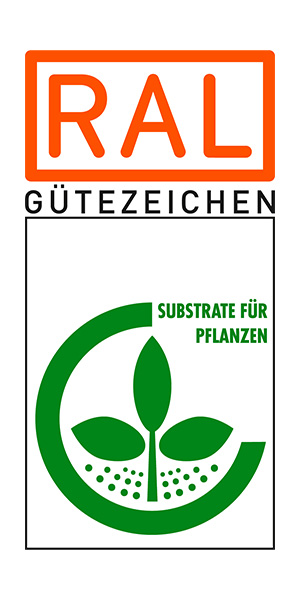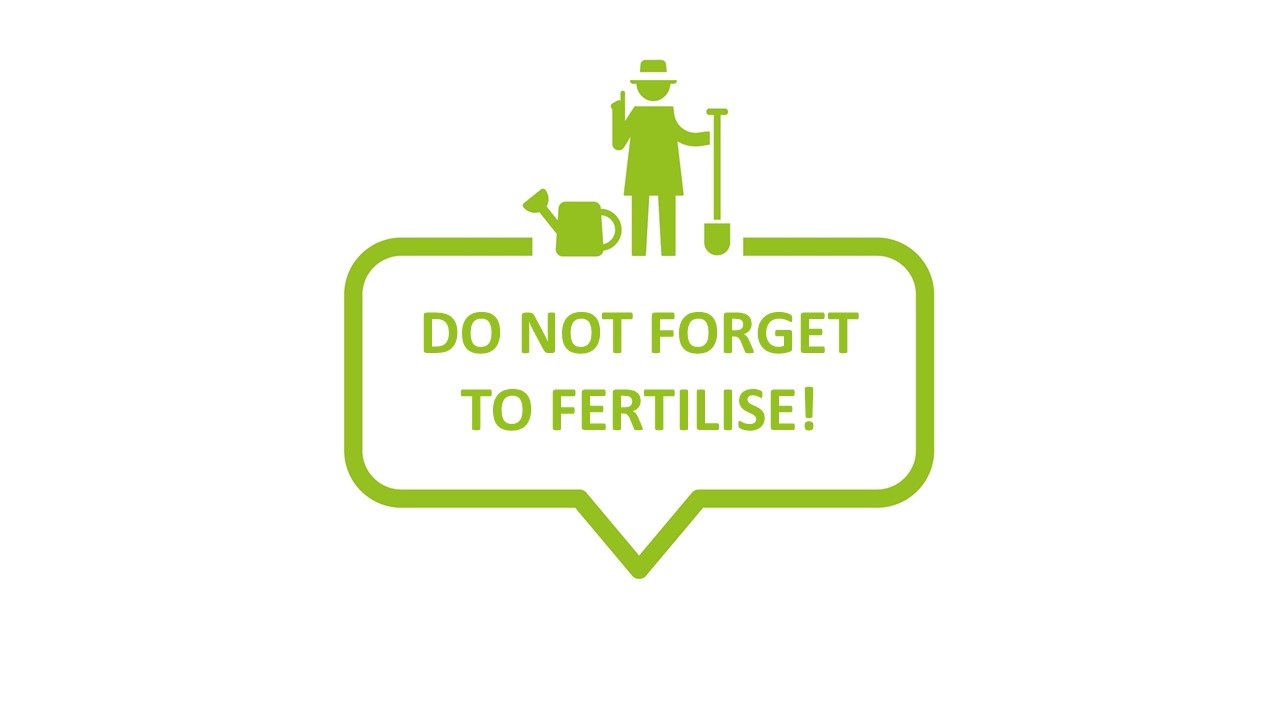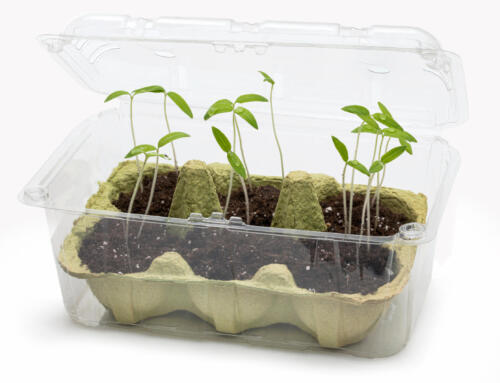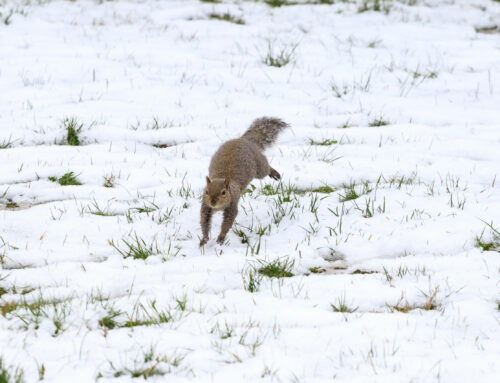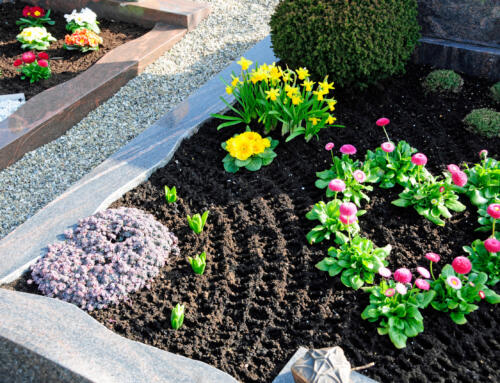Plants need nutrients to survive, just like humans and animals. If you never fertilise your plants, you are practically starving them. The consequences are reduced growth, discoloured leaves and susceptibility to pests and diseases. In the long term, plants weakened in this way can die. But fertilising plants is not that difficult!
When do I need to fertilise my plants?
If the plant has just been repotted or planted in fresh, high-quality potting soil, you do not need to fertilise it for around 4-6 weeks. An exception to this are peat-free or heavily peat-reduced potting soils, which often need to be fertilised earlier with a nitrogen-rich fertiliser. If in doubt, always follow the manufacturer’s fertiliser recommendations on the packaging.
In general, high-quality potting soils are fertilised during production according to their intended use. The nutrient composition of a classic potting soil is therefore different to that of a specialised soil, e.g. for vegetables or citrus plants.
You can recognise high-quality soil by the RAL quality mark for substrates for plants. A database in which you can search for substrates with the RAL quality mark is linked here: To the product filter
However, you should also start fertilising high-quality soil no later than 6 weeks after planting. The nutrients are then as good as used up and the plants will soon grow much more slowly. React before a nutrient deficiency occurs!
How can I recognise a nutrient deficiency in plants?
The most important main nutrients for plants are nitrogen (N), phosphorus (P) and potassium (K). Their respective proportions in a fertiliser are usually given in this format: NPK 7-3-6 (example values). The fertiliser in our example therefore contains 7 % total nitrogen, 3 % total phosphate and 6 % total potassium oxide. Other main nutrients are magnesium (Mg), calcium (Ca) and sulphur (S).
If one of these main nutrients is no longer available to the plant in sufficient quantities, the first symptoms of deficiency soon appear:
Nutrient deficiency symptoms therefore lead to clearly visible damage to the plant, which significantly reduces its overall aesthetic appearance (ornamental plants) or has a significant negative impact on the harvest (fruit and vegetable plants). It is therefore important to fertilise the plants before the first symptoms of deficiency appear.
How often do I need to fertilise my plants?
The frequency with which you need to fertilise your plants essentially depends on these two factors:
- 1
What kind of plant is it?
- 2
What kind of fertiliser is used?
Unfortunately, we cannot go into every single plant species in this article, but the general rule is that fast-growing plants need to be fertilised much more frequently than slow-growing plants. This is simply due to their higher nutrient requirements. The vegetables in the raised bed and the bedding and balcony plants in the box therefore need fertiliser more often than the apple tree in the garden. More on this below.
The frequency of fertilisation also depends largely on the fertiliser used. You should always read and follow the manufacturer’s instructions on the packaging carefully, as the recommendations of the individual manufacturers may differ.
What should I use to fertilise my plants?
In general, you will find these three forms of fertiliser in the hobby sector, which you can use to fertilise your plants:
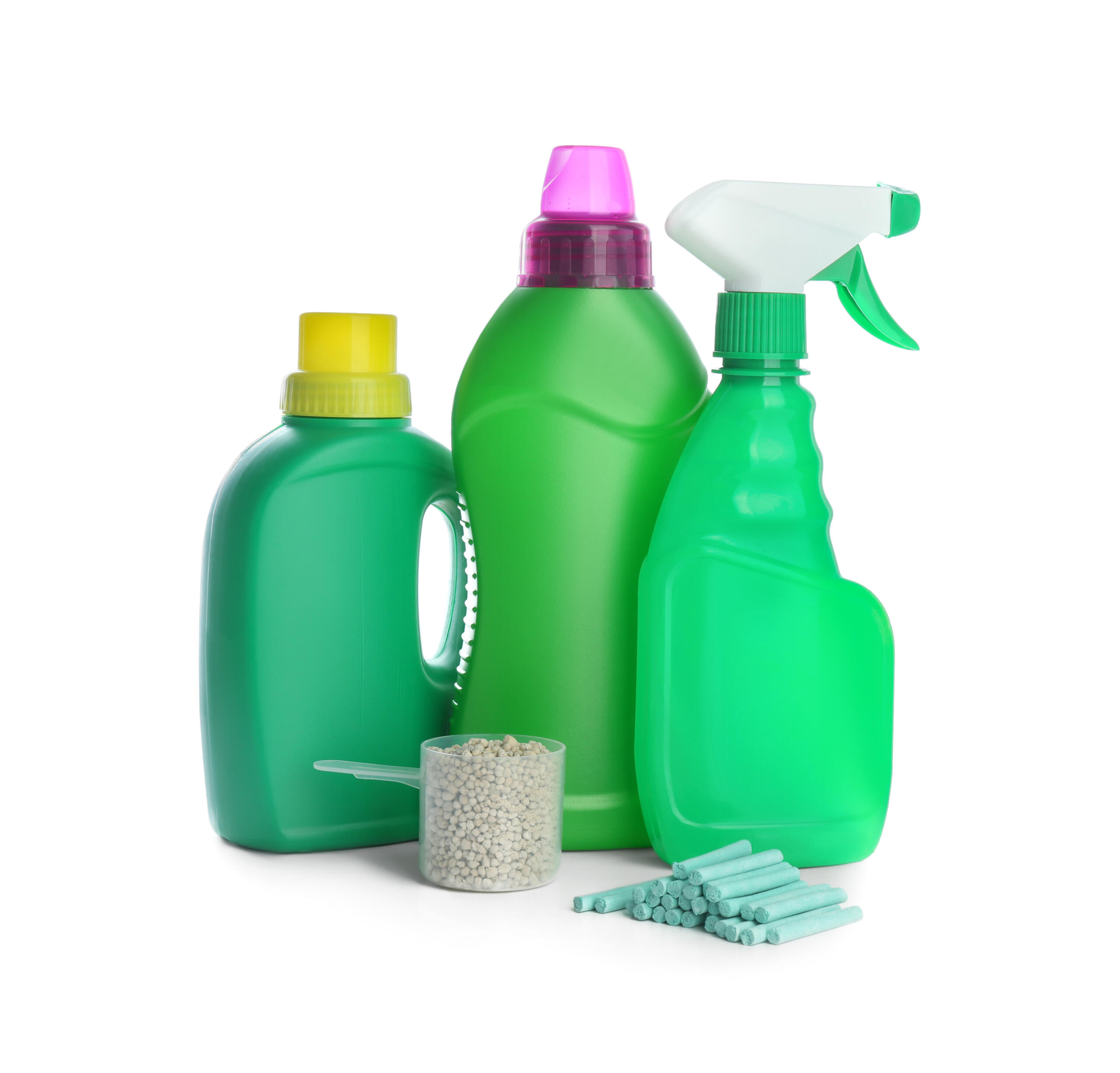
Do I need a special fertiliser for each plant?
Yes and no. The basic equipment is a good universal fertiliser with a balanced nutrient content. With this fertiliser, the basic needs of all plants can be met in the first instance. If you only care for houseplants and a few balcony plants, you can probably get by with a universal liquid fertiliser. Garden owners should also invest in a universal slow-release fertiliser.
However, special plants also have special needs, so special fertilisers often achieve a better result. Nevertheless, you do not need to buy a separate fertiliser for every plant. Different plant species can be categorised into groups with similar nutrient composition requirements:
We wish you continued success and much joy with your plants!
